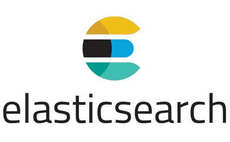
AI use in academia has exploded in the last 12 months - but attempts to save time could have real-world implications.
Welcome to an Easter-delayed IT Essentials. It turns out that AI's not just for marketing copy. A recent study found a correlation suggesting that the use of gen-AI in academic papers shot up mo...
To continue reading this article...
Join Computing
- Unlimited access to real-time news, analysis and opinion from the technology industry
- Receive important and breaking news in our daily newsletter
- Be the first to hear about our events and awards programmes
- Join live member only interviews with IT leaders at the ‘IT Lounge’; your chance to ask your burning tech questions and have them answered
- Access to the Computing Delta hub providing market intelligence and research
- Receive our members-only newsletter with exclusive opinion pieces from senior IT Leaders





















